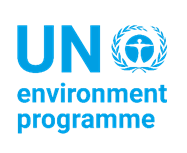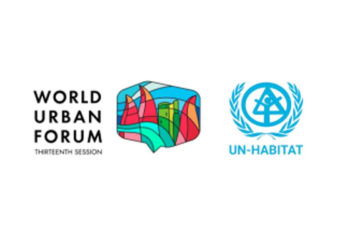At the close of COP30 in Belém, United Nations Environment Programme (UNEP) Executive Director Inger Andersen issued a statement highlighting both the achievements of the conference and the immense challenges that remain in the global fight against climate change.
Andersen noted that COP30 took place “at the gateway to the Amazon” amid rising geopolitical tensions, making progress far from guaranteed. Yet, she emphasized that the negotiations demonstrated the Paris Agreement is still “working and delivering results.” Key outcomes included a call to triple adaptation finance by 2035, the creation of a Just Transition Mechanism to ensure equitable benefits from the green economy, and new dialogues on climate-resilient trade and mountain ecosystem protection.
Despite these gains, Andersen underscored that UNEP’s science shows the world is still far off track. She urged countries to treat upcoming national climate plans as a baseline rather than a ceiling, stressing the need to accelerate global climate action at an unprecedented pace to keep the 1.5°C goal within reach. This includes expanded access to clean energy, job creation, improved air quality, and stronger adaptation efforts as climate impacts intensify worldwide.
Andersen also highlighted growing momentum to transition away from fossil fuels, halt deforestation, and curb methane emissions. She pointed to the launch of the Tropical Forest Forever Facility, now valued at US$6.7 billion, as a major step toward protecting critical ecosystems.
According to Andersen, COP30 demonstrated unprecedented leadership from Indigenous Peoples, along with strong engagement from civil society, youth, women, local communities, cities and regions, and the private sector. This broad coalition, she said, is driving climate action both inside and outside the negotiation rooms.
“UNEP will continue our work to support all partners deliver the promise of the Paris Agreement, for people and for planet,” Andersen concluded.




















